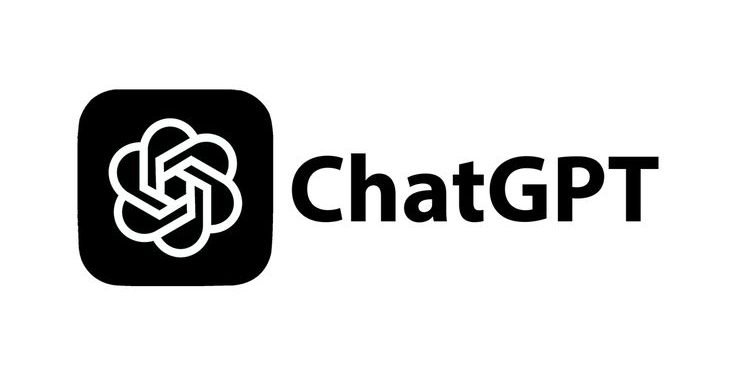Jakarta, Indonesia Sentinel — OpenAI has introduced a powerful new capability for ChatGPT, called the ChatGPT Agent, an advanced feature designed to perform complex, multi-step tasks on behalf of users. The new tool, launched Thursday, marks a shift beyond traditional chatbots by enabling the AI to take real action, signaling a broader industry push to redefine how people interact with the internet.
The company says the agent is capable of “thinking” and “acting” using its own virtual computer environment, allowing it to handle tasks that require contextual awareness and real-world execution. OpenAI envisions a future where users rely on their AI assistant to manage entire workflows, no longer needing to switch between apps or manually search the web.
In a blog post, OpenAI gave examples of what the new mode can do. Users might instruct the agent to “check my calendar and summarize upcoming client meetings based on the latest news,” or “plan and order ingredients to make Japanese breakfast for four.”
In a demo video, an OpenAI employee asked the agent to help plan a wedding, including finding outfits that match the dress code, with a requirement to suggest five options, and recommending nearby hotels for guests arriving ahead of the event.
The ChatGPT Agent’s new features is available to subscribers on ChatGPT’s Pro, Plus, or Team plans and builds on the company’s existing Operator and Deep Research tools. OpenAI described the update as a key step toward making ChatGPT a more capable universal assistant.
This move also escalates the race between tech giants like OpenAI and Google, both of which are increasingly focusing on more intelligent, action-oriented digital assistants.
Read Also:
Indonesian Police Uncover Baby Trafficking Ring Selling Infants to Singapore
However, OpenAI acknowledged that the new agent mode introduces fresh risks. The company has placed guardrails on what the AI can access, restricting tasks like sending emails or accessing sensitive user data without explicit oversight. The model has also been trained to refuse high-risk actions, such as initiating bank transfers.
“I would describe this to my family as cutting-edge, experimental technology, an opportunity to test the future, but not something I’d rely on for high-risk tasks or anything involving lots of personal information until we’ve had time to improve it in the real world,” OpenAI CEO Sam Altman said in a post on X.
Altman also urged users to be mindful about what they allow the agent to access. Giving the model permission to check a calendar for dinner planning might be reasonable, he said, but it doesn’t need calendar access to shop for clothes on a user’s behalf.
The release comes at a time when the AI industry continues to grapple with major challenges, including bias, hallucinations, and unpredictable behavior. Just last week, xAI’s chatbot Grok drew criticism after generating antisemitic content in response to user prompts.
OpenAI says it’s taking a cautious approach, balancing innovation with safeguards as it works toward a future where digital agents can safely handle more aspects of users’ daily lives.
(Raidi/Agung)

























